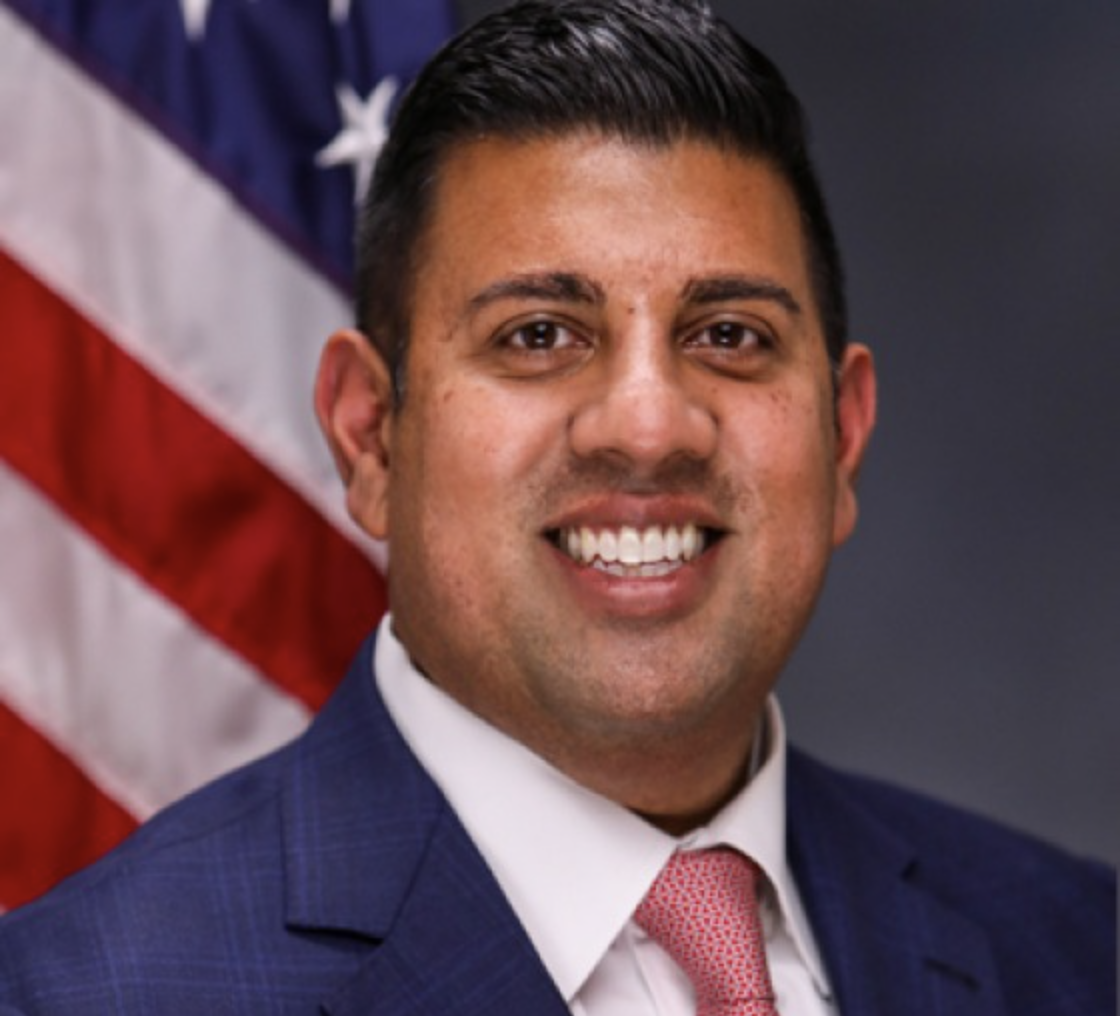
It’s More Than Just Nursing Homes
The population of New York is aging in a health system that is not prepared to support their short and long term needs. When it comes to our senior citizens, most politicians think about nursing homes. But we need less costly and safe housing options for our independent seniors who are not ready for 24-hour skilled care in an institutional setting.
Today, nearly one in five New Yorkers is aged 65 or older. I represent parts of the Greater Rochester region, which, over the past decade, has experienced a 64% increase in the number of residents over 65. Many of these residents do not require skilled nursing care nor could afford to pay the cost without spending down their hard earned assets and relying on Medicaid benefits. At the same time, many of these seniors are living in unsafe conditions, often alone.
While this year’s state budget offers us an opportunity to better support our nursing homes by increasing the state Medicaid rate, we must also think more globally about preventative care and assistance for more independent seniors. By preventing physical injury in homes or mental health issues due to social isolation, our seniors can continue to live purposeful and active lives, often delaying the onset of chronic health conditions requiring more costly care.
Adult care facilities, more commonly known as “assisted living communities,” are an essential part of the long-term care continuum and provide a more independent and less costly alternative to nursing homes. These communities provide seniors with one or two-bedroom units with additional benefits, such as dining, meals, personal care services, group exercise and programming, and social companionship. The cost to residents in these facilities is higher than traditional apartment-living, but a fraction of the cost for skilled nursing care. Unfortunately, many of these assisted living facilities are closing due to these outdated funding structures that instead favor more costly healthcare options. In addition to a lack of state support, the same inflationary and labor costs touted by nursing homes also impact assisted living communities.
In this year’s state budget we must support the Assisted Living Program which is assisted living for the Medicaid population who are not yet in need of nursing home care. The state reimbursement methodology has not been updated since 1992, and reevaluation is desperately needed. Like nursing homes, these assisted living facilities need an increase of their rate by 20% and to have their base year updated to reflect current day costs which are aligned with the cost of providing services and caring for our aging population.
Additionally, we must consolidate and update EQUAL funding. The Enhancing the Quality of Adult Living (EQUAL) program is the only source of direct state support for assisted living facilities. It provides $6.5 million in annual grants to facilities to improve resident quality of life. In 2020, the program was split into two components, which has made grant distribution overly complicated, resulting in facilities not receiving funds for essential projects. This program should be consolidated into one appropriation and the language should revert to a unified program so funds are once again distributed through an objective methodology and directed as originally intended by the legislature.
Every year we hear the same phrase: “budgets are a reflection of our priorities.” This year, our aging population needs to be a top priority. We want our state to be known as a place where adults can age with dignity, with access to affordable care. Today’s generation of political leadership must step up for the generations that helped raise us.
Senator Jeremy Cooney represents the Greater Rochester region in the 56th Senate District and is the former caregiver for his late mother, Anne, who resided in adult care facilities.

